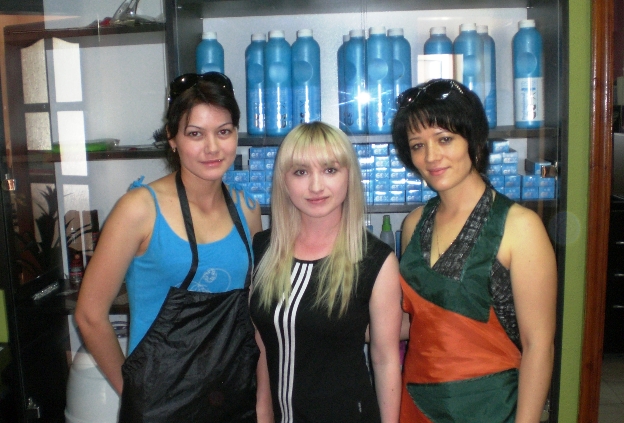The contribution from the Dutch cleaning CBA allows underprivileged youth from the Moldovan countryside to follow a three months training as an interior cleaner. It is very hard for them to find a job and there are few training opportunities. In some cases young people are overqualified and cannot find the right connection to the Molodovan labour market and are therefore forced to work abroad, often under poor conditions. In other cases they are under qualified and left alone by their parents who are also confronted with the lack of labour opportunities and seek work in Italy, Russia and Germany.
Through the training - partly paid by the young participants themselves to assure their commitment - these young people make a good chance to find a job and become financially independent. The training is provided by the Moldovan organisation Fundatia Muncii. The Moldovan union CNSM, partner of CNV Internationaal, participates in the training by making the young aware of their rights and obligations as an employee and the importance of defending their interests through the trade union.
"We will also share professional material on safety and health at work of the Dutch cleaning sector which we will translate", says the Dutch negotiator Jan Kampherbeek of CNV Professionals. "The training course not only prepares youth for the labour market," says the CNV negotiator, "it is also meant to convince employers to give young people a chance and to mediate to connect appropriate candidates to employers."
Through these agreements on “international collegiality in collective bargaining” Dutch trade unions intend to convince sectors and companies to reserve a part of the wage amount on trade union development projects.
By CNV


